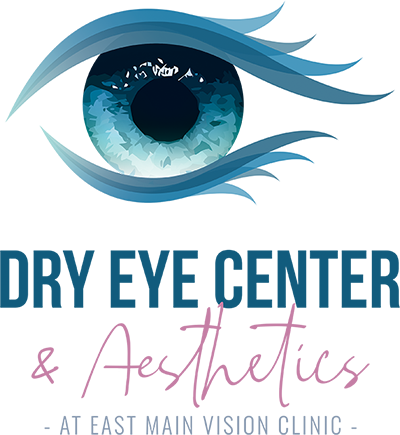November 7, 2024

When you think about the effects of high blood pressure (hypertension), your mind might immediately go to heart health. However, did you know that high blood pressure can also affect your vision, particularly when it comes to the development of cataracts? At East Main Vision Clinic, we believe in keeping our patients informed about how systemic health conditions like hypertension can impact your eyes.
What Are Cataracts?
Cataracts occur when the natural lens of the eye becomes cloudy, leading to blurred or impaired vision. This cloudiness is caused by the clumping of proteins within the lens, which prevents light from passing through clearly. Cataracts are most commonly associated with aging, but several other factors can accelerate their development, including high blood pressure.
The Link Between High Blood Pressure and Cataracts
Research suggests that people with hypertension are at a higher risk of developing cataracts earlier than those with normal blood pressure. But how exactly does high blood pressure contribute to cataract formation?
Oxidative Stress: High blood pressure can lead to increased oxidative stress in the body, which can damage cells, including those in the eye. The lens of the eye is particularly susceptible to oxidative stress, which can accelerate the breakdown of proteins, leading to cataracts.
Vascular Damage: Hypertension causes damage to the blood vessels, including those that supply the eyes. Reduced blood flow and nutrient delivery to the lens can impair its ability to function properly, resulting in the formation of cataracts.
Systemic Inflammation: Chronic high blood pressure is often associated with systemic inflammation, which can affect various organs, including the eyes. Inflammation in the eye can contribute to lens clouding and cataract development over time.
Risk Factors for Cataracts in Hypertensive Patients
If you have high blood pressure, you may be at an increased risk of developing cataracts, particularly if you have other risk factors such as:
Age: Cataracts naturally become more common as you age, but hypertension can accelerate this process.
Smoking: Tobacco use exacerbates oxidative stress and inflammation, increasing the likelihood of cataract development.
Diabetes: High blood pressure often occurs alongside diabetes, another condition linked to a higher risk of cataracts.
Protecting Your Eyes from Hypertension-Related Cataracts
While you can’t completely eliminate your risk of cataracts, you can take steps to reduce the likelihood of developing them prematurely if you have high blood pressure.
Keeping your blood pressure in check is crucial for both your overall health and your vision. Work with your healthcare provider to maintain a healthy blood pressure range through lifestyle changes, medications, or both. If you have high blood pressure, regular eye exams are essential for early detection of cataracts or other hypertension-related eye conditions, such as hypertensive retinopathy.
Eating a diet rich in antioxidants, such as vitamins C and E, can help combat oxidative stress and protect your eyes from cataract formation. Include plenty of fruits, vegetables, and whole grains in your meals. Additionally, if you smoke, quitting can significantly reduce your risk of cataracts. Smoking increases oxidative stress and damages the lens, speeding up cataract development.
Lastly, prolonged exposure to UV light can contribute to cataracts. Wearing sunglasses with UV protection when outdoors can help safeguard your eyes.
Early Intervention Is Key
At East Main Vision Clinic, we stress the importance of early detection. If you have high blood pressure, regular eye exams are a critical part of your healthcare routine. If we identify early signs of cataracts, we can work with you to monitor the condition and decide on the best course of action, allowing you to continue enjoying life to the fullest.
If you have high blood pressure and are concerned about your eye health, schedule a consultation with East Main Vision Clinic. Contact our office in Puyallup, Washington, by calling (253) 780-0700 to book an appointment today.



